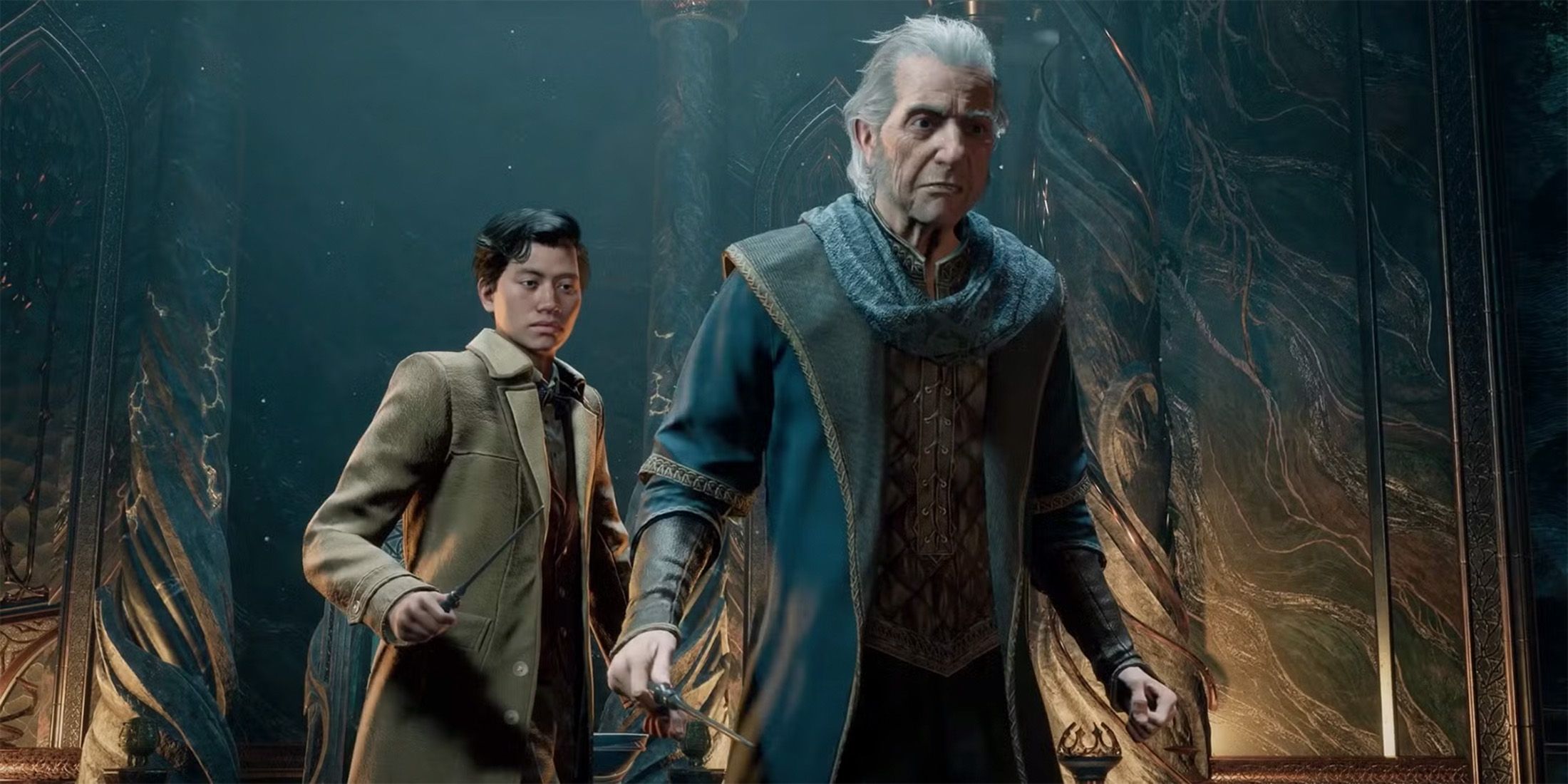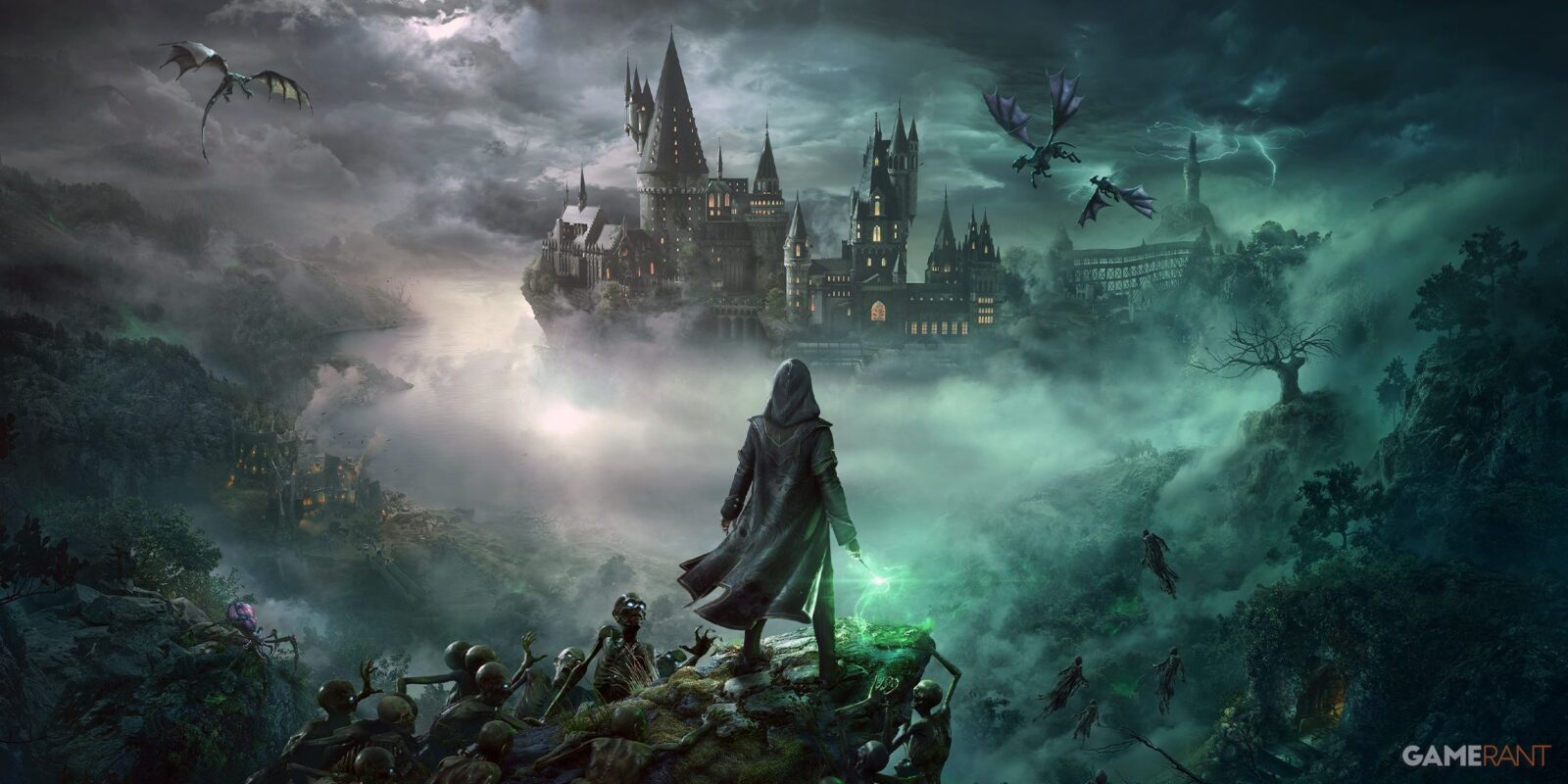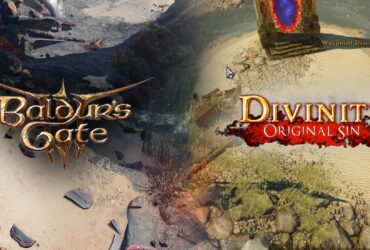Summary
- Hogwarts Legacy lacked a morality system, missing a chance to add weight to player actions.
- Hogwarts Legacy 2 can elevate the franchise by introducing a deeper choice and morality system.
- Implementing meaningful consequences for player choices in Hogwarts Legacy 2 would make the experience more personal.
It’s no secret that Hogwarts Legacy almost effortlessly captured the attention of Harry Potter fans worldwide, even non-gaming ones, as it offered an unprecedented dive into the Wizarding World, with an expansive open-world and the opportunity to experience life as a student at Hogwarts. However, despite its strengths, Hogwarts Legacy lacked a morality system of any kind, which is unfortuante, considering it could have added more weight to the player’s actions. For a game set in a world that thrives on the conflict between good and evil, this ultimately feels like a missed opportunity.
As all roads now lead to Hogwarts Legacy 2, there is a prime opportunity to implement a choice system that brings more depth to the first game’s formula and increases the complexity of student life at Hogwarts. By giving players decisions that have more meaningful consequences, Hogwarts Legacy 2 could take the franchise to greater heights and perhaps feel even more personal than the first game.

Related
Hogwarts Legacy 2’s Rumored Direction May Put it Between a Rock and a Hard Place
Hogwarts Legacy 2 is on the way, and while fans are excited to get their hands on it, its rumored direction may put it at odds with what they wanted.
Hogwarts Legacy 2 Needs a Deeper Choice and Morality System
Hogwarts Legacy Seemingly Scrapped an Entire Morality System Ahead of Release
Hogwarts Legacy doesn’t feature a traditional morality or “karma” system as many modern role-playing games do today, like Baldur’s Gate 3 and the upcoming Fable reboot. Instead, any semblance of morality in Hogwarts Legacy is only known by the players themselves, if they so choose to view using unforgivable curses like Avada Kedavra, Crucio, or Imperio as the “evil” choice and not using them as the “good” choice. However, the world of Harry Potter is one ripe with opportunity for a true morality system to be incorporated into a game based on it, as its stories revolve around the ever-present struggle between those who use magic for good and those who use it for evil.
As it turns out, Hogwarts Legacy seemingly had a morality system designed for it, but that system was ultimately cut from the game ahead of its release. Hogwarts Legacy‘s cut morality system specifically revolved around crime and punishment mechanics, where players could accumulate a wanted level for performing evil actions. For example, according to the unused code in Hogwarts Legacy‘s cut content, there is reason to believe that casting the Killing Curse (Avada Kedavra) would max out the player’s wanted level, thereby granting them a one-way ticket to Azkaban Prison.
It’s unclear why Hogwarts Legacy‘s morality system was eventually cut from the game, but it implies that Avalanche and Warner Bros. wanted to focus on making it a more casual experience for all audiences.
Hogwarts Legacy 2 Should Feature a Choice System With Meaningful Consequences
Given the fact that Hogwarts Legacy initially had plans to feature a morality system, it would only make sense now for Hogwarts Legacy 2 to include that system and even expand on it. The first game occasionally gives players opportunities to make decisions, like whether to help a character, demand a reward, or take a different approach to solving a problem. Additionally, conversations in Hogwarts Legacy often include multiple dialogue options for players to choose from. However, while these choices can change the player character’s tone or the outcome of a trivial situation, almost all of them have very little impact on the player character’s journey and the story.
Now, Hogwarts Legacy 2 has a chance to implement a system where each choice the player makes has a lasting impact on their character and the game’s overarching story. Hogwarts Legacy‘s scrapped crime and punishment system would certainly be an interesting way to explore morality in the sequel, but that complexity would increase all the more with dialogue options that severely impacted the player’s relationships with other characters, both positively and negatively, effectively opening doors or shutting them for good. This would also reinforce what the developer wanted from the first game: for the player to feel like they are actually at Hogwarts, experiencing everyday life there as a student.












Leave a Reply